TWIN-ZERO PROJECT
Advanced and sustainable manufacturing through reliable digital twins for a zero-anomaly scenario
TWIN-ZERO project is oriented towards zero-anomaly production in the automotive components industry, both in the case of the manufactured product and in the process, through global digitization and automation.
Basic data of the project
• Included in the call for Strategic R&D Projects 2022-2024 (IRIS Challenge) of the Government of Navarra.
• Start date: 04/2022
• Finish date: 12/2024
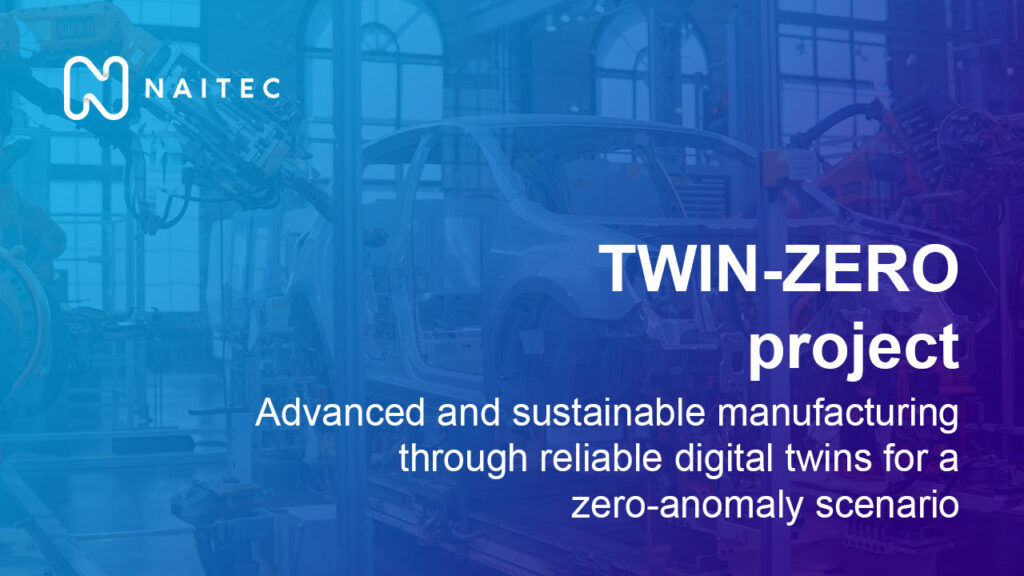

1. The visibility of information throughout the supply chain (blockchain).
2. Maximizing product quality (zero defects)
3. The optimization of processes that do not add direct value (predictive maintenance).
4. The sustainability of the processes.
To do this, TWIN-ZERO will use the concept of digital twin, understood as the hybridization of virtual models or simulations with real data captured from assets, processes, or products.
This concept allows to detect in advance the occurrence of problems and predict processes results with greater precision than pure simulation models.
The different technologies developed in TWIN-ZERO will be validated in a real operating environment, which will make possible to evaluate the results and consolidate all those success stories.
Objectives
• Unit traceability
• Quality maximization (zero anomalies).
• Maintenance optimization.
In addition, progress will be made in reducing environmental impact and life cycle analysis.
NAITEC's role
- Definition of sensorics and IoT.
- Development of algorithms/hybrid models for solutions with zero anomalies and predictive maintenance. Creation of the digital twin for zero anomalies.
- Life cycle analysis and environmental impact.
Consortium
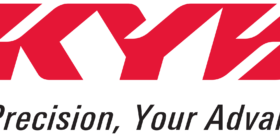

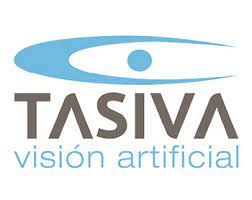

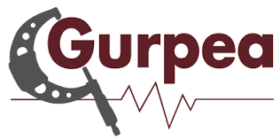

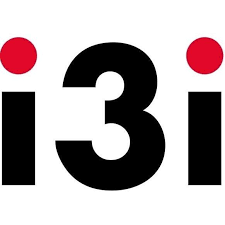



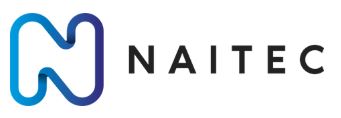

Funding





